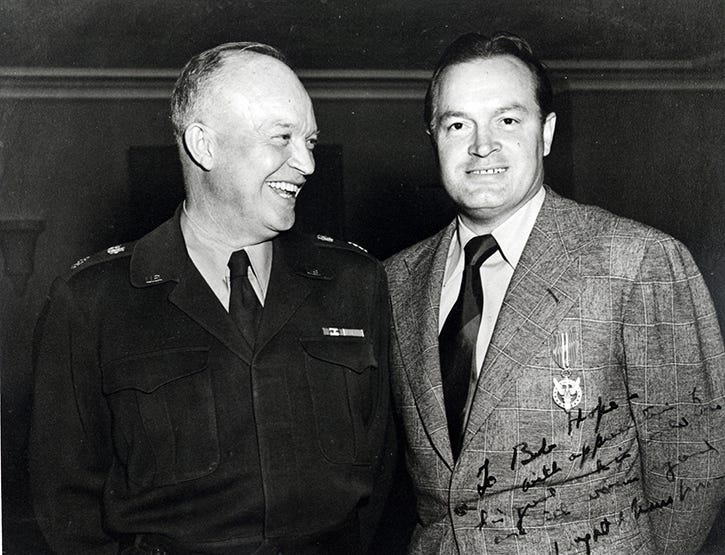Toronto, January 7, 2024
Friendship
Friendship, the dictionary tells us, “is a relationship of mutual affection between people.”
That’s not a very good definition. It covers too many kinds of relationships. It applies to Nelson and Emma, Tom and Huck, Oscar and Bosie, Dwight and Bob, you and your cat (if you think your cat is a person capable of feeling affection), etc., etc. The definition does not help us understand the deep nature of something which we know, instinctively, is vital to our well-being. It doesn’t do justice to “friendship,” a wonderful word and a vital idea.
There’s a kind of friendship that I call “essential friendship” (maybe not the best descriptor—it sounds a little clinical—but I can’t think of anything better). This kind of friendship is essential for two reasons. First, it is unfiltered, uncluttered by complicated cross-currents: It is the essence of friendship. Second, we cannot live happily without it: It is essential in that sense as well.
What are the characteristics of essential friendship? It is long-standing. It is constant, not intermittent. It is tolerant, not judgmental. It is supportive and affectionate. It is trusting, not defensive. It is not strategic or self-seeking. It is not competitive. It is honest and frank: Few subjects are off-limits (this does not preclude the use of judicious tact). It is a beautiful thing. Is such a demanding relationship possible? Yes. But it requires some giving over of self.
Older people are more likely to have essential friends than younger people. Essential friendship needs time to ripen and older people have had the time necessary. Over many years friends learn so much about each other that there is little room left for artifice or dissemblance: For essential friends, honesty is not just the best policy, it is the only policy. And older people (and this is truer the older you are) are not, reflexively, seeking worldly advantage (this is one of the complicated cross-currents I mentioned above—e.g., as the Constable of France says to Orleans in Henry V, "There is flattery in friendship.") When you’re old, it’s too late to seek worldly advantage. When you’re old, there is no advantage in advantage. There’s no point to flattery.
Some people never enjoy the conditions in which essential friendship flourishes. Essential relationships flourish when there is stability and prosperity. They flourish over time. They benefit from an environment of calmness and security. To the burdens borne by the poor and the rootless and the oppressed, add the difficulty of forging essential friendships. This is yet another deprivation experienced by the dispossessed. (This is not to gainsay that intense relationships can be forged quickly in extreme circumstances.)
Essential friendship can cross gender divides. But generally essential friendship will not be romantic or sexual. It will be platonic, since romance and true friendship seldom go hand-in-hand. (Claudio in Much Ado About Nothing: “Friendship is constant in all other things/ Save in the office and affairs of love.”) I hear you cry, does this mean that my romantic partner cannot be my friend? Of course, it doesn’t, but friendship mixed with romance is a different kind of friendship. Romantic friendship, as wonderful as it is, does not have the same qualities as essential friendship.
Women seem to be better at friendship with other women than men are with other men. That’s my impression. Perhaps things have changed with the contemporary blurring of gender roles. I think woman find honesty and frankness with each other easier than men do. I’m not sure why this is so. And I might be mistaken: The psychological literature acknowledges the question but equivocates on the answer.
If you are lucky, essential friendships are part of the architecture of your life. "I count myself in nothing else so happy, as in a soul remembering my good friends." (Henry Bolingbroke in Richard II)
Note to readers
Newsletter #51 on kindness seemed to strike a chord. It got over 3,000 views, more than twice as many as any other Endgame newsletter. An eminent and trenchant Canadian wrote to me about #51: “You end where you should have started. Kindly, Bob.”




This piece really struck a cord for me. Having moved recently from a lifetime in Winnipeg to Toronto, the friendships that were so deeply essential remain close to my heart but now at a distance. Sob! . Lucky we have a few of our Winnipeg friends here to share and support each other. Your new year message begins on a high!!! Thank you
I've recently realised that; when we honestly ask ourselves which person in our lives mean the most to us, we often find that it is those who, instead of giving advice, solutions, or cures, have chosen rather to share our pain and touch our wounds with a warm and tender hand. The friend who can be silent with us in a moment of despair or confusion, who can stay with us in an hour of grief and bereavement, who can tolerate not knowing, not curing, not healing and face with us the reality of our powerlessness, that is a friend who cares.